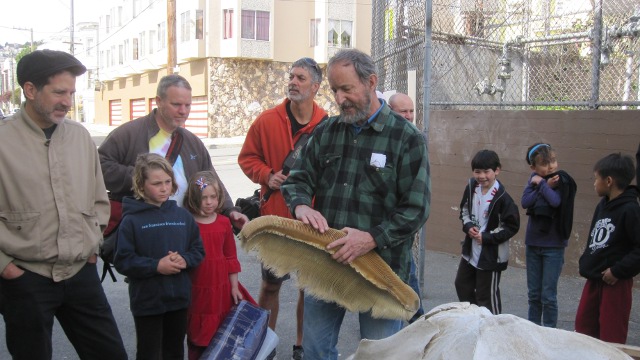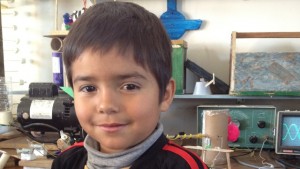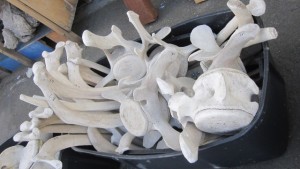http://www.kqed.org/.stream/anon/radio/quest/2012/04/2012-04-23-quest.mp3
Kids growing up in the Bay Area have access to more than a dozen science museums and zoos but in much of the state, those opportunities don’t exist. With science programs getting trimmed in schools, that leaves many kids with little access to hands-on science. One Bay Area man wants to change that.
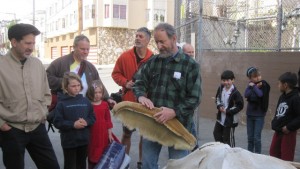
Dan Sudran grew up a good Jewish kid in Kansas City, Missouri. He went to college then law school. But he says there was always a sinking feeling that he wasn’t really cut out for the world he’d been born into. “I couldn’t really figure out what I was or what I wanted to be. I didn’t go to college because I wanted to. I went because that’s what you were supposed to do,” says Sudran.
Discovering Science
It wasn’t until his late 30s that Sudran finally had his revelation. It happened in a garage. He had started taking apart electronics, collecting bones from the beach. In school, science had held no interest for him. But in the real, hands-on world he says, it turned out to be the thing he’d been missing all along, “My life is immeasurably better since I got into science.”
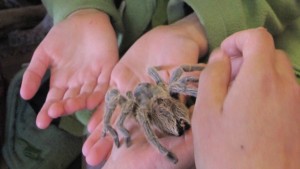
And this gave Sudran an idea. What if he could give kids the same experience he’d waited 30 years to discover? A local college donated some space and soon a small, non-profit organization called Community Science Workshop Network was born. Sudran says the idea was to be the opposite of a big science museum, "It's your own dream garage, in a sense, just a bunch of stuff you can play around with without being nervous that the curator's gonna have a nervous breakdown. There are no curators.”
